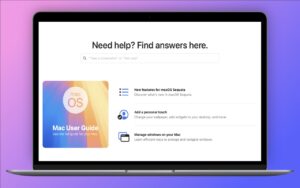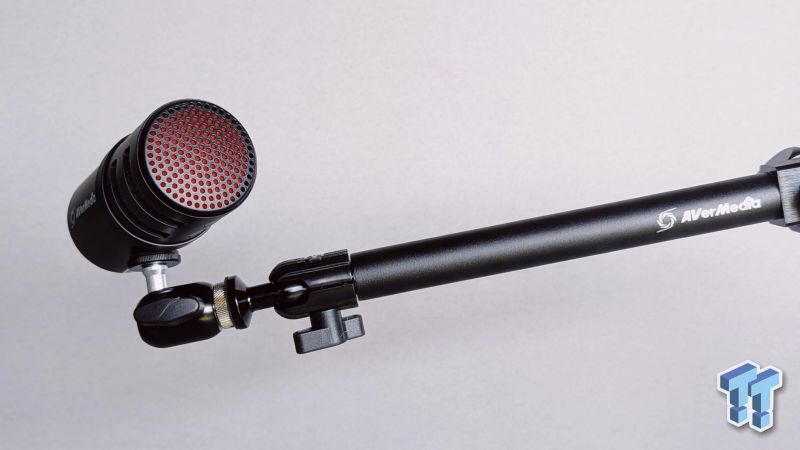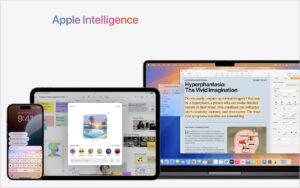 Microsoft’s move into tablets with the upcoming Surface slate is emblematic of the ruinous alliance between OEMs and Microsoft, according to Acer’s chairman and chief executive.
Microsoft’s move into tablets with the upcoming Surface slate is emblematic of the ruinous alliance between OEMs and Microsoft, according to Acer’s chairman and chief executive.
“We have said [to Microsoft] think it over,” Mr. Wang told the Financial Times. “Think twice. It will create a huge negative impact for the ecosystem and other brands may take a negative reaction. It is not something you are good at so please think twice.”
Campbell Kan, Acer’s president for personal computer global operations, echoed Mr. Wang’s sentiment when speaking to the Financial Times: “If Microsoft … is going to do hardware business, what should we do? Should we still rely on Microsoft, or should we find other alternatives?”.
This isn’t the first complaint Acer has made about the Surface tablet. Shortly after Microsoft launched the Surface, Oliver Ahrens, Acer’s senior VP and president for Europe, Middle East and Africa dismissed the attempts to emulate Apple’s ecosystem as something doomed to fail.
“I don’t think it will be successful because you cannot be a hardware player with two products,” he said to Reuters. “Microsoft is working with two dozen PC vendors worldwide, including the local guys, whereas Apple is alone, it can more or less do what it wants. Microsoft is a component of a PC system. A very important component but still a component.”
For Microsoft, Acer’s complaints are merely fulfilling prophecy. In the company’s annual 10k report filed with the Securities and Exchange Commission in late July, Microsoft candidly admits that the Surface tablet could chill relations with OEMs and weaken support for Windows within the PC industry.
“Even if many users view these devices as complementary to a personal computer, the prevalence of these devices may make it more difficult to attract applications developers to our platforms,” Microsoft reported in its annual 10-k report. “In addition, our Surface devices will compete with products made by our OEM partners, which may affect their commitment to our platform.
While Mr. Kan’s rhetorical question about finding other alternatives may have drew mocking laughs in an earlier time, the prevalence of alternative operating systems — such as Android or Chrome OS — and cloud computing would give Microsoft a run for its money in the portable computing\tablet world if there were a plethora of defectors.


